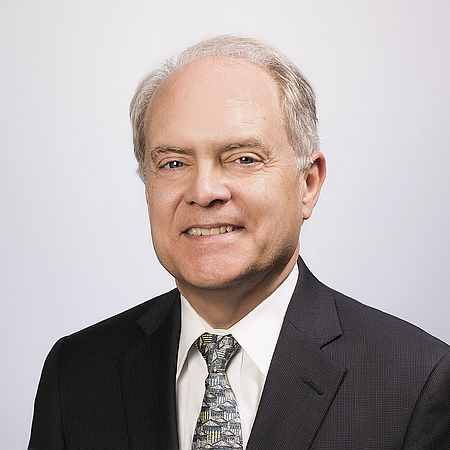by Jim Layton
On a 3-2 party-line vote, the Equal Employment Opportunity Commission recently proposed a substantial revision of Section 12: Religious Discrimination in the EEOC Compliance Manual. The Manual provides comprehensive guidance to EEOC investigators, employers, and employees with regard to EEOC enforcement of the Civil Rights Laws.
The current version of the Manual notes that the number of religious discrimination claims filed with the EEOC has “increased significantly” – from 1,709 claims in 1997 to 2,880 claims in 2007. The revision continues to calculate the increase since 1997, but it shows that the increase preceded the 2008 revision: the number of claims in 2019 was slightly lower: 2,725. As a percentage of all claims filed with the EEOC, religious discrimination claims remain about the same: they constituted 3.5% in 2007 and 3.7% in 2019-both higher than 2.1% in 1997.
The proposed revision, relying largely on court decisions in the last decade, expands various parts of Section 12. Among them, the revision:
- Provides detail regarding what courts-and thus employers and the EEOC-look to when determining if a belief is “religious”;
- Expands the discussion of what constitutes a “sincerely held” belief;
- Contains a lengthy revision of the discussion of the ministerial exception, which eliminates some claims if brought by clergy;
- Adds an example and discussion of when religious discussion at work does not create a hostile work environment; and
- Includes a new subsection addressing the relationship between Title VII, the First Amendment, and the Religious Freedom Restoration Act.
The proposed Section 12 says that the EEOC will address failure to accommodate and disparate treatment as separate claims, though it recognizes that there is a division among courts as to that question. And as to accommodation claims, the Manual adds an assertion that an accommodation could be required even if an employee doesn’t expressly request it, if the employer is “on notice that the observance or practice is religious and conflicts with work policy.”
The proposed new section, available for review here, is open for public comment until December 17.
Tueth Keeney will continue to monitor the EEOC’s proposal and will update if and when the new Section is added. Please contact a Tueth Keeney attorney if you have any questions about the proposed changes.
Sign up to receive Insight notifications via email here.
Labor and Employment – Tueth, Keeney, Cooper, Mohan & Jackstadt, P.C. has successfully represented a number of businesses, large and small, throughout the Midwest in labor and employment matters. Our broad range of experience includes employment discrimination litigation, wage-hour investigations, affirmative action revision plans development, INS audits, and a variety of traditional labor matters.
Missouri Education – The law firm of Tueth Keeney Cooper Mohan & Jackstadt, P.C. (the “Firm”), has one of the largest and most successful education law groups in the country. The Firm regularly serves the legal counsel needs of approximately 150 school districts throughout Missouri. The Firm also has one of the largest school law practices in Central and Southern Illinois.
Illinois Education – Tueth Keeney is proud to be one of the state’s largest Illinois education law practices. The firm has one of the most experienced groups of attorneys in Central and Southern Illinois dedicated to serving public schools. We regularly represent nearly 150 public school districts, including many districts in Central and Southern Illinois. Our Firm is also regularly appointed by insurers of educational institutions to represent districts in complex or difficult cases involving school or civil rights laws.
James Layton leads the firm’s Appellate practice group and is a member of the firm’s Commercial Litigation, Labor, and Education groups. He assists clients with analysis and presentation of complex legal issues in Missouri and federal courts, both trial and appellate. In addition to handling cases himself and with other attorneys at Tueth Keeney, Jim consults with clients on appellate strategy and assists other counsel in high-stakes, complex appeals.
Jim has briefed and argued cases before the U.S. Supreme Court and before all Missouri appellate courts-including nearly 100 cases before the Missouri Supreme Court. He has represented clients in U.S. district courts and in Missouri circuit courts from Jackson County to the City of St. Louis. He has extensive experience with government-related litigation and state taxation disputes. Jim is a fellow of the American Academy of Appellate Lawyers, a past president of the Bar Association of the U.S. Court of Appeals for the Eighth Circuit, and a past chair of the American Bar Association’s Council of Appellate Lawyers. He is a frequent speaker in the areas of appellate practice and constitutional law, both state and federal.

 James R. Layton
James R. Layton